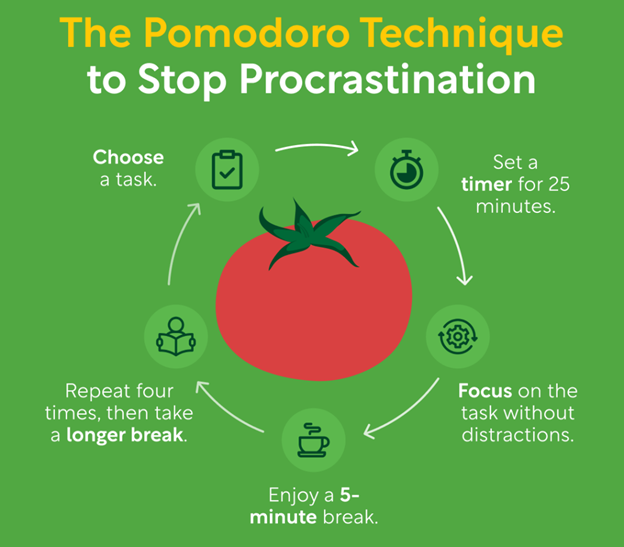Key Points at a Glance
Effective exam preparation starts with early planning, smart study habits, and realistic goals.
Managing stress includes adequate sleep, healthy eating, regular breaks, and breathing exercises.
Techniques like active recall, spaced repetition, and time-blocking can boost performance and reduce anxiety.
Exams can bring out the best—and sometimes the worst—in students. The pressure to perform, fear of failure, and last-minute cramming all contribute to academic stress, which not only affects performance but also overall well-being.
But here’s the good news: exam stress is manageable, and with the right tools and mindset, you can prepare effectively without feeling overwhelmed.
Why Exams Cause Stress
Understanding the root of exam stress helps in managing it better. Common causes include:
Fear of failure
Poor time management
Lack of preparation or direction
High expectations from self or others
Comparing oneself to peers
But the goal of exam prep should not be survival—it should be growth, confidence, and clarity.
1. Start with a Solid Plan
Avoiding last-minute cramming begins with early planning. A clear study schedule gives your brain time to absorb information without pressure.
Try This:
Create a revision calendar and stick to it
Break topics into small, manageable chunks
Assign time slots to each subject based on difficulty
Include buffer days for review and rest
2. Use Proven Study Techniques
Studying smart is more effective than studying hard. These strategies are both science-backed and student-approved:
Spaced Repetition
Review material over increasing intervals to reinforce long-term memory.
Active Recall
Test yourself with questions, flashcards, or summaries instead of passive reading.
Interleaving
Mix different topics or subjects within a study session to improve flexibility and problem-solving.
Pomodoro Technique
Study for 25 minutes, then take a 5-minute break. Repeat to maintain focus without fatigue.

3. Prioritize Wellness
Your brain works best when your body is cared for. Don’t underestimate the power of good sleep, nutrition, and movement.
Wellness Checklist:
Get 7–9 hours of sleep nightly
Eat brain-friendly meals (fruits, veggies, proteins)
Take walks or do light exercises between study blocks
Practice deep breathing or mindfulness to stay calm
At MICS, students participate in wellness initiatives that integrate mindfulness, quiet reflection, and physical activity into the academic experience—supporting both mental and emotional resilience.

4. Practice Past Papers and Simulations
Simulating the exam experience reduces anxiety and builds confidence.
Do This:
Solve past questions under timed conditions
Practice answering in exam-style formats
Get feedback from teachers or peers
This method helps you spot weaknesses and become comfortable with the exam atmosphere before the big day.
5. Avoid Comparison and Focus on Your Journey
It’s easy to feel overwhelmed when you compare your progress to others. But your goal is personal improvement, not perfection.
Mindset Tips:
Celebrate small wins each day
Focus on effort, not just outcomes
Use setbacks as learning opportunities
Remind yourself of what you can control
At Morgan International Community School, learners are encouraged to set personal goals and focus on consistent progress—leading to self-confidence and independent growth.
6. Know When to Rest
Sometimes, the best thing you can do is take a break.
Overstudying can lead to burnout
Breaks improve focus and creativity
Rest days help you return stronger and more motivated. Balance is key—not just before exams, but in life.
Final Thoughts
Preparing for exams doesn’t have to feel like a battle. With thoughtful planning, effective strategies, and a calm mindset, you can walk into the exam room feeling prepared and empowered.
Schools like Morgan International Community School model this approach by combining academic excellence with student well-being. The result? Learners who don’t just perform—they thrive.
So remember: Breathe. Plan. Review. Rest. You’ve got this.
